
“The Economy is Turning Around for the Worse” – Nigerians React as Tinubu Justifies Economic Hardship
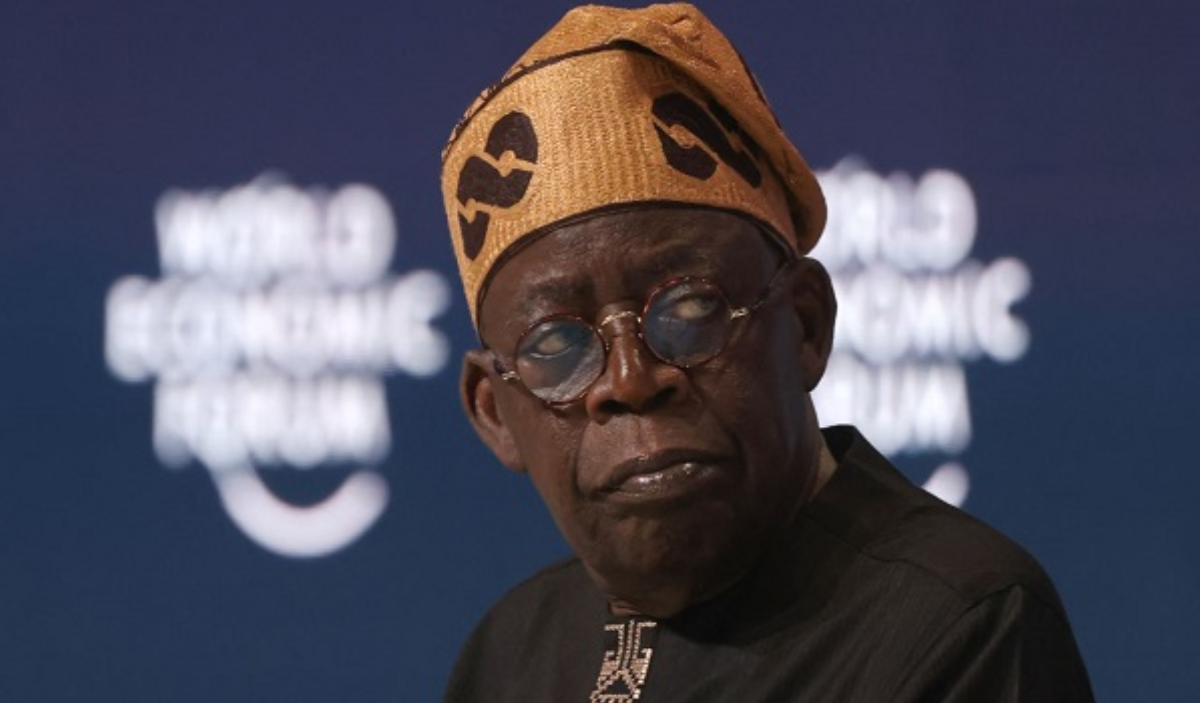
President Bola Tinubu’s latest remarks claiming that Nigeria’s economy is “turning around” have sparked a wave of criticism and frustration from Nigerians, many of whom bear the brunt of worsening living conditions and increased economic hardship.
During a weekend visit to Katsina State, the President asserted that his administration’s policies yielded positive results despite glaring challenges.
The economy is turning around; it has turned the corner,” Tinubu said. “When we started, it was challenging, I almost ran away from watching the news or reading the newspapers.”
However, his comments have been met with growing public backlash as Nigerians continue to grapple with soaring inflation, food insecurity, rise in fuel prices, and an expanding population of impoverished people, with a recent World Bank report placing Nigeria at the top of the global ranking for the number of people living in extreme poverty. This development contradicts the President’s optimistic outlook.
On social media, reactions to the President’s statement were sharp as citizens like @Ola_Mayowa2 replied on X:
The economy is turning around for the rich, while the poor and the masses continue to languish in taxes and rates that you indirectly impose on us all. You and your family don’t know what evil you have done to us as citizens of Nigeria since May 2023.
Another user, @LaughNLearnX, added:
“We haven’t seen any improvements, and things are getting tougher by the day. When will things get better?”
The criticisms come as President Tinubu approaches two years in office, with many Nigerians questioning what tangible improvements his administration can showcase amid the deepening cost-of-living crisis. Unemployment remains high, the naira continues to struggle against foreign currencies, and millions are being pushed further into poverty.
Despite the discontent, the presidency has continued to defend its economic reforms, including removing fuel subsidies and currency unification, as necessary steps toward long-term stability. But for many Nigerians, the promised turnaround seems elusive.
Recently, the Manufacturers Association of Nigeria (MAN) raised alarm over the sharp increase in unsold finished goods, which surged to N2.14 trillion in 2024, attributing the troubling figure to weakened consumer demand, rising production costs, and dwindling purchasing power under the current administration.
According to MAN’s latest economic review report for the second half of 2024, the association’s Director-General, Segun Ajayi-Kadir, disclosed that the inventory of unsold goods grew by 87.5 per cent year-on-year, marking one of the most significant spikes in recent history.
Read Also:
About The Author
Related Articles
Cotê D’Ivoire: Thousands Rally in Abidjan as Opposition Demands Electoral Reforms Ahead of October Election
Thousands of opposition supporters gathered in Abidjan on Saturday, May 31, to...
ByJoy ChukwuJune 1, 2025Togo Stops Issuing Mining Permits to Reform Outdated Mining Code
Togo has suspended the issuance of new mining permits for prospecting and...
ByJoy ChukwuJune 1, 2025ICYMI: Ghana Shuts Down Washington Embassy Over Visa Fraud Scandal
Ghana has temporarily closed its embassy in Washington, D.C., following the uncovering...
ByJoy ChukwuMay 31, 2025Confederation of Sahel States Moves to Establish Joint Judicial Body
The Confederation of Sahel States (CSS), comprising Mali, Niger, and Burkina Faso,...
ByJoy ChukwuMay 31, 2025




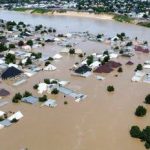


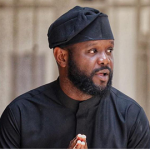

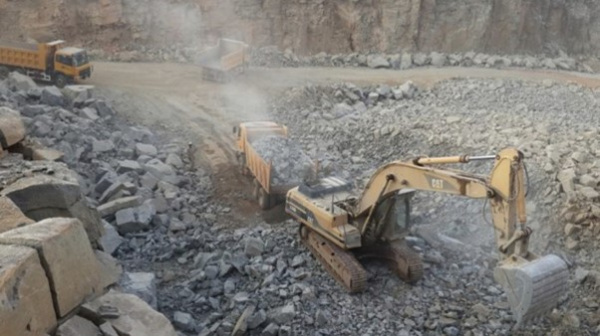
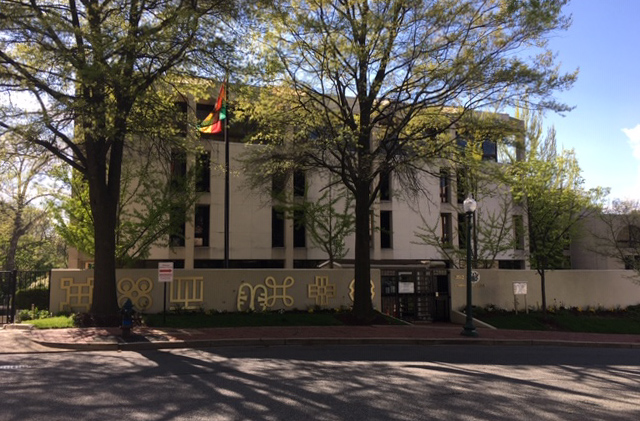
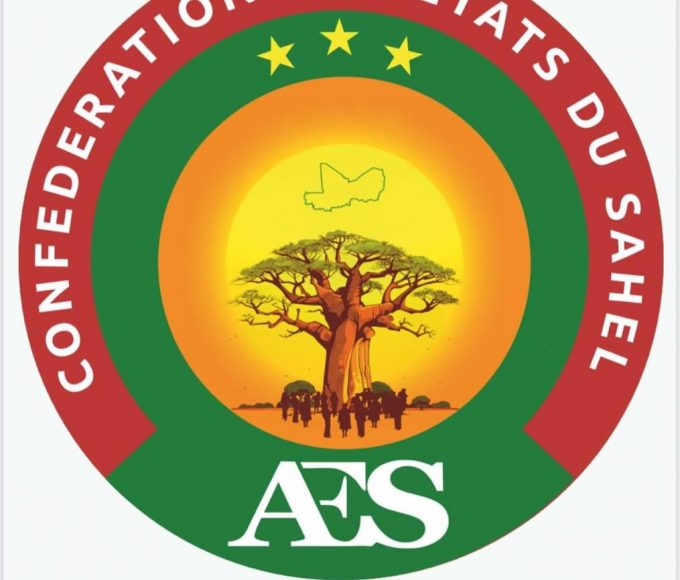
Leave a comment